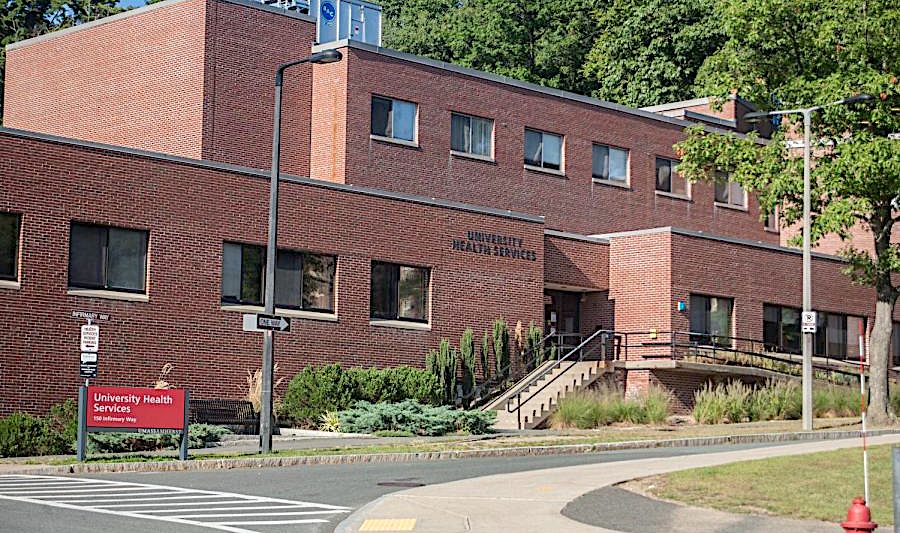Massachusetts universities submit pro-abortion ‘readiness’ plans to state, paving the way for on-campus chemical abortions
Public universities in Massachusetts just submitted abortion “readiness plans” to the state, which outline such services as “providing medication abortions” and referring students to other…

Public universities in Massachusetts just submitted abortion “readiness plans” to the state, which outline such services as “providing medication abortions” and referring students to other abortion providers.
The submission of the pro-abortion plans, due Nov. 30, was required by a new law passed last year in reaction to the 2022 Dobbs v. Jackson Women’s Health Organization decision from the Supreme Court. In the Dobbs decision, the legal precedent of Roe v. Wade was overturned, and elected representatives on the state and federal level regained authority to legislate on abortion.
Just one month after the Dobbs decision was released, the Massachusetts Legislature passed “An act expanding protections for reproductive and gender-affirming care” with the goal of preventing pro-life legislative developments in the state.
Under the new law, the state’s Department of Public Health is responsible for overseeing the creation of public university chemical abortion readiness plans, which could include “directly providing medication abortions to students in a health center, providing referrals for abortion care services not provided in the health center or providing information to students about obtaining a medication abortion.”
Critics call the development unsafe for female students, and it could result in discrimination against potential employees of college health centers who are pro-life.
“This action by the Massachusetts Department of Health will put young women at risk,” Mariah Newell, communications specialist for Massachusetts Family Institute (MFI), told The Lion. “Thousands of women have reported severe side effects as a result of the abortion pill. Some women have even died.
“Not only will these directives injure women and kill innocent unborn babies, but they will also encourage discrimination against pro-life voices on campus by weeding out those opposed to abortion during the interview process for jobs at university health centers.
“MFI is ready to take legal action on behalf of anyone who is denied a job at these university clinics because of their opposition to abortion. Such individuals should reach out to us immediately.”
On Nov. 22, the state also published its own chemical abortion toolkit for both public and private universities to emulate, though private institutions are exempt from the law mandating readiness plans.
The toolkit “encourages all public institutions of higher education to carefully consider and stretch their capacity to provide sexual and reproductive health services, including medication abortion services, on campus.”
The state government launched the toolkit in collaboration with the pro-abortion organization Reproductive Equity Now, led by Rebecca Hart Holder. She told regional news station WWLP-22News that it is “more critical than ever” that Massachusetts colleges supply abortions to students from both in state and out of state.
Chemical abortions, which are induced using the drugs mifepristone and misoprostol, are used in a majority of abortions in the United States. These abortions also carry a higher risk factor than surgical ones, causing four times as many complications.
The submitted plans will now undergo state review until Jan. 31, 2024, at which point schools will be expected to begin following their approved plans.



